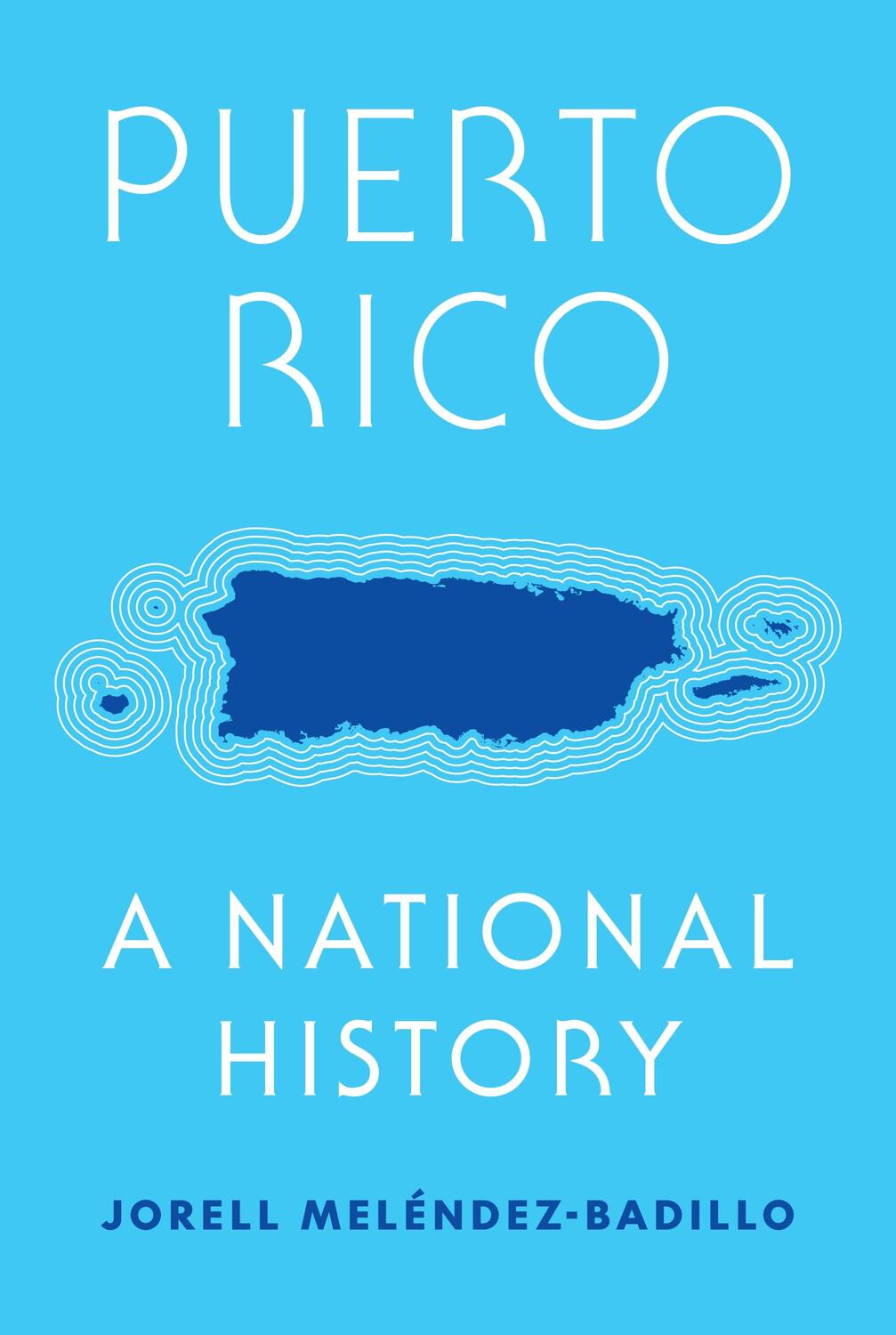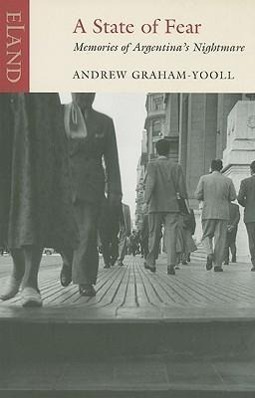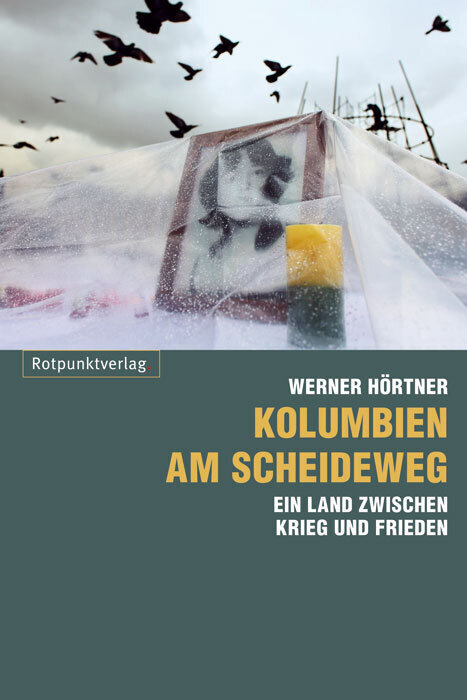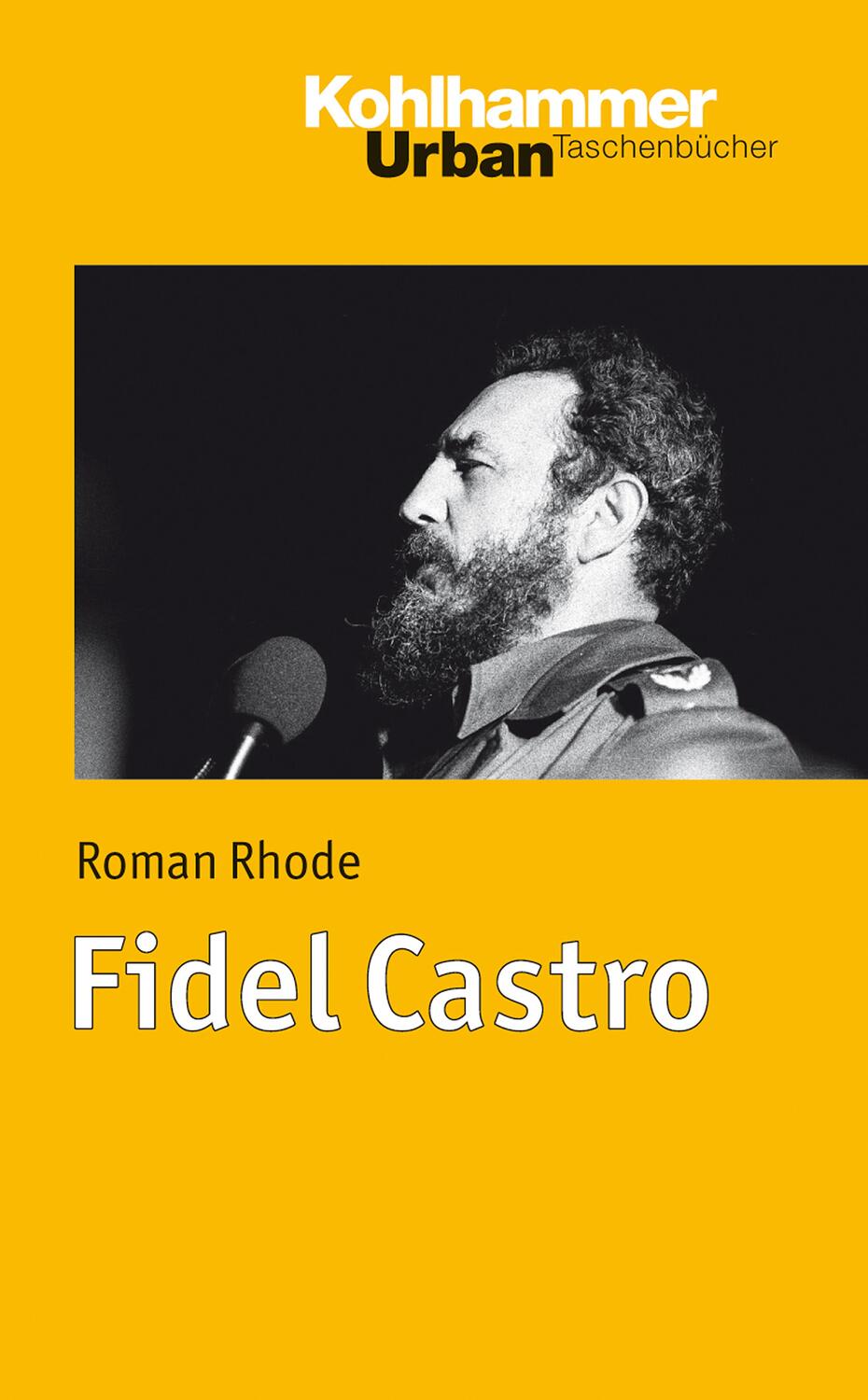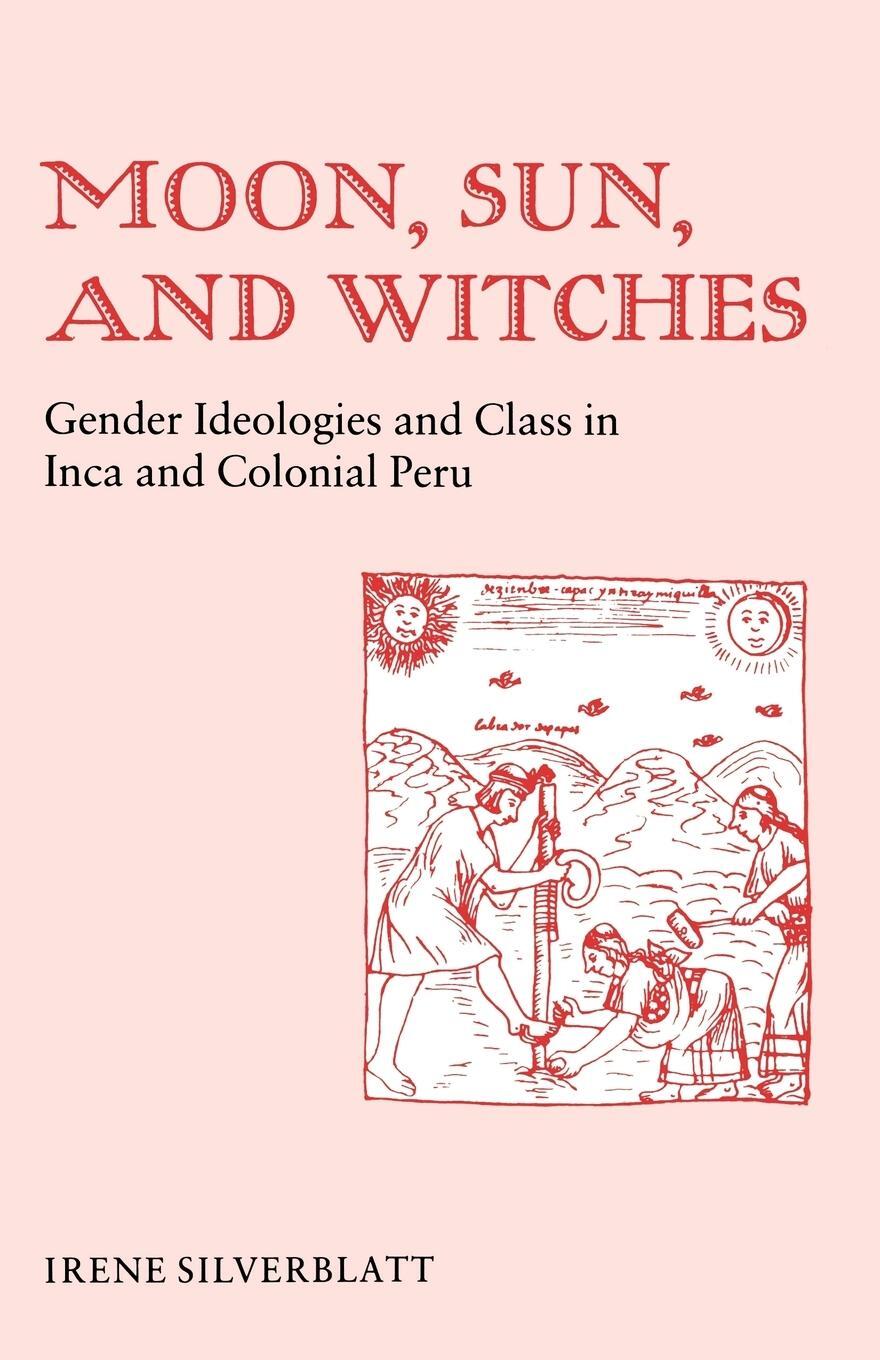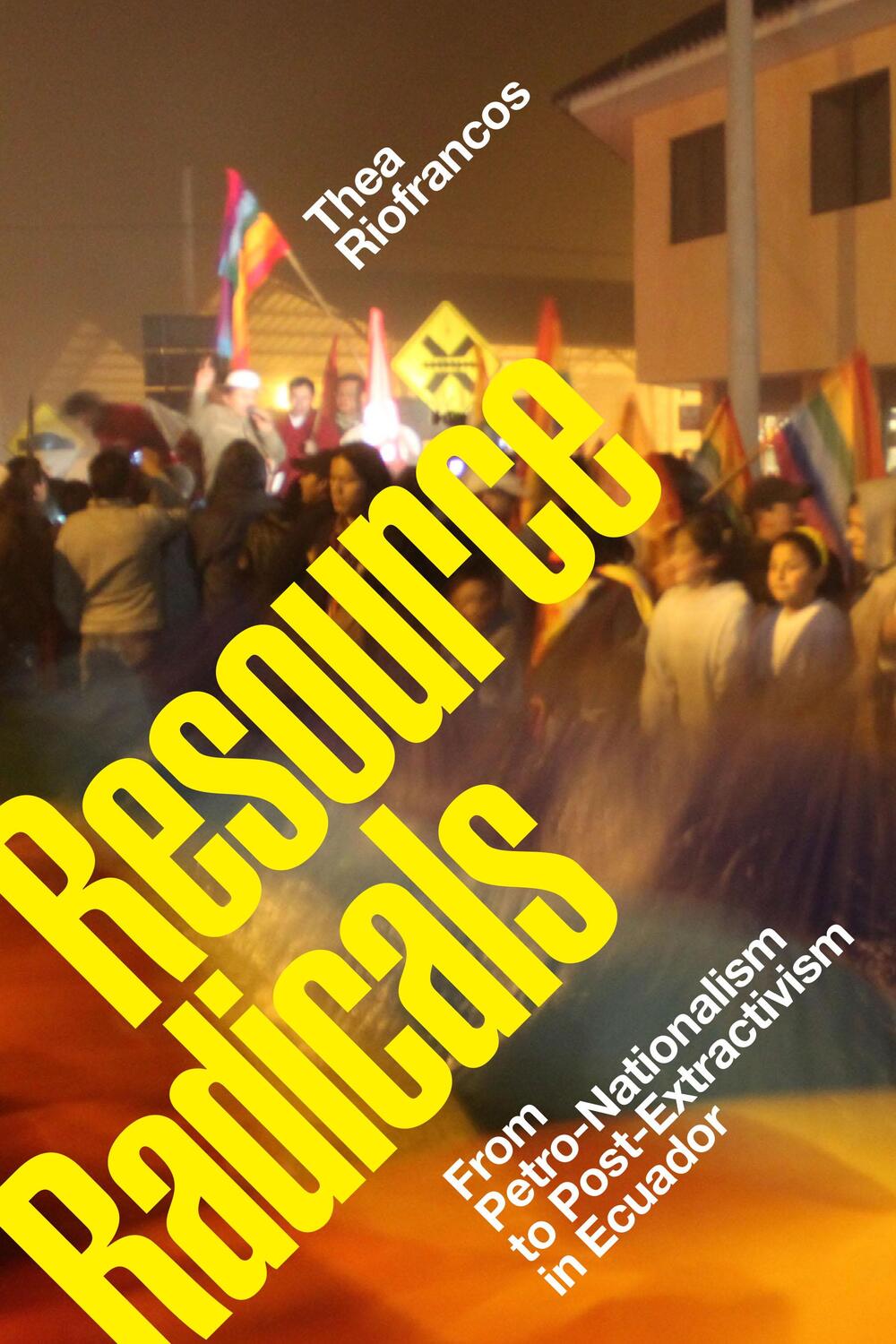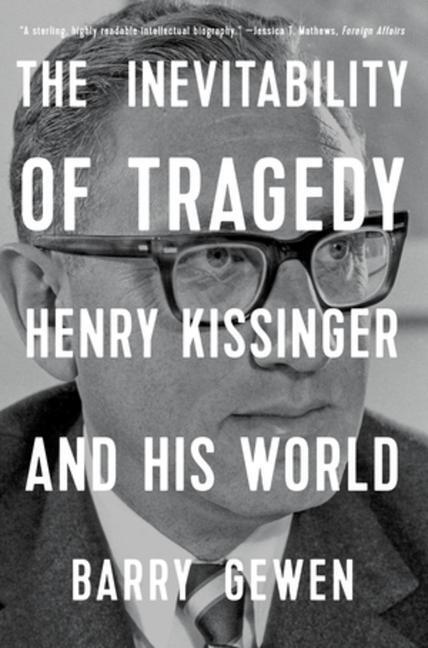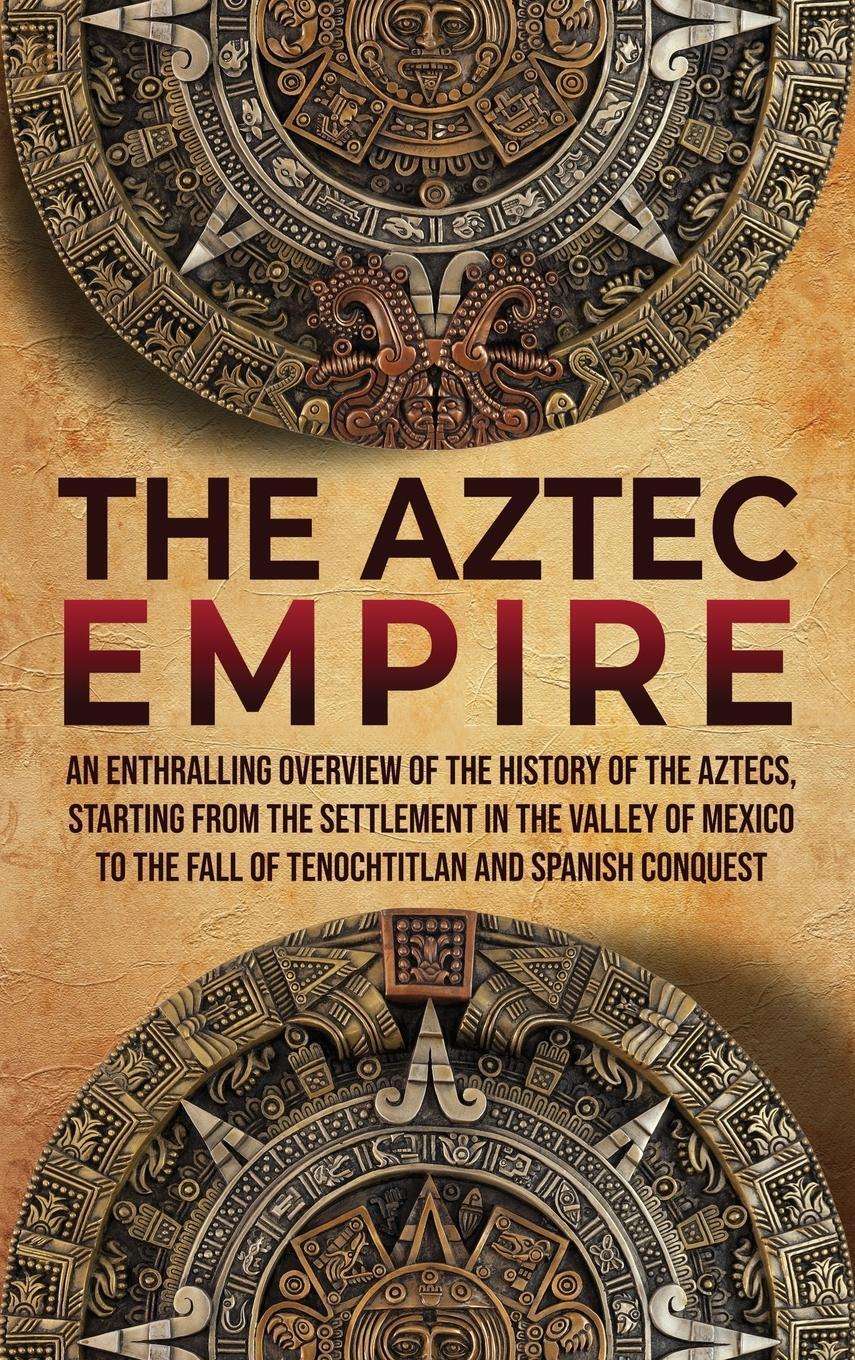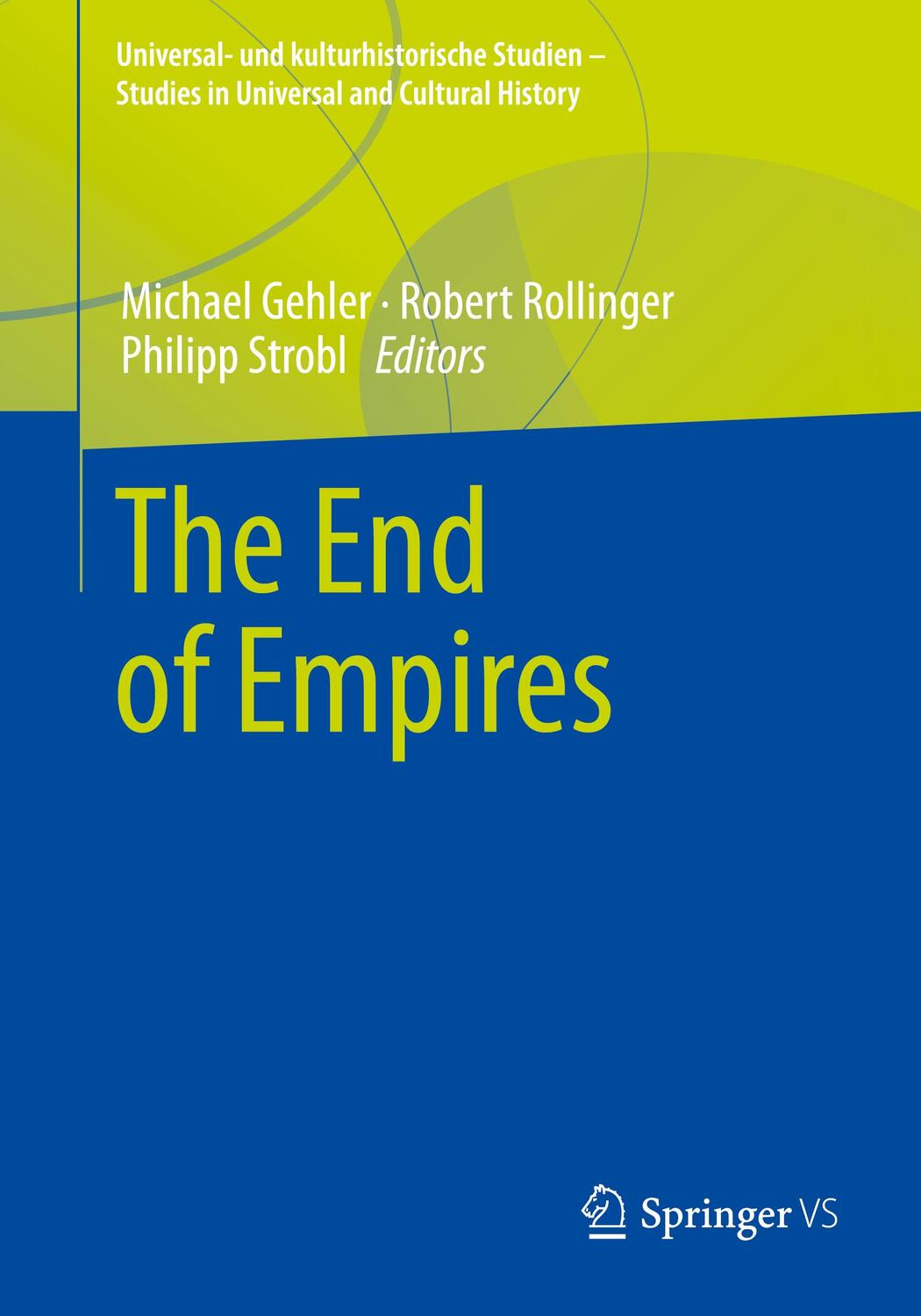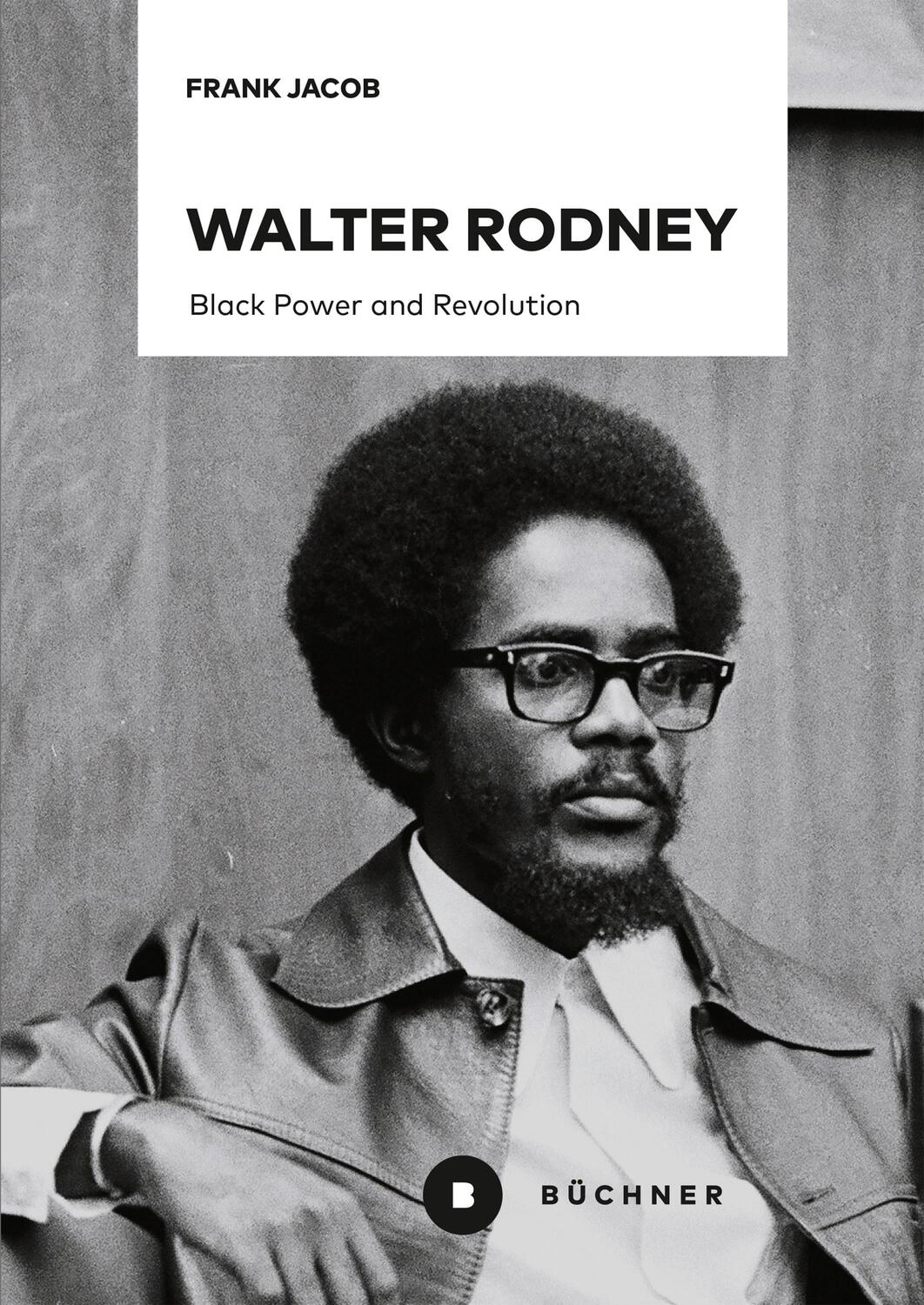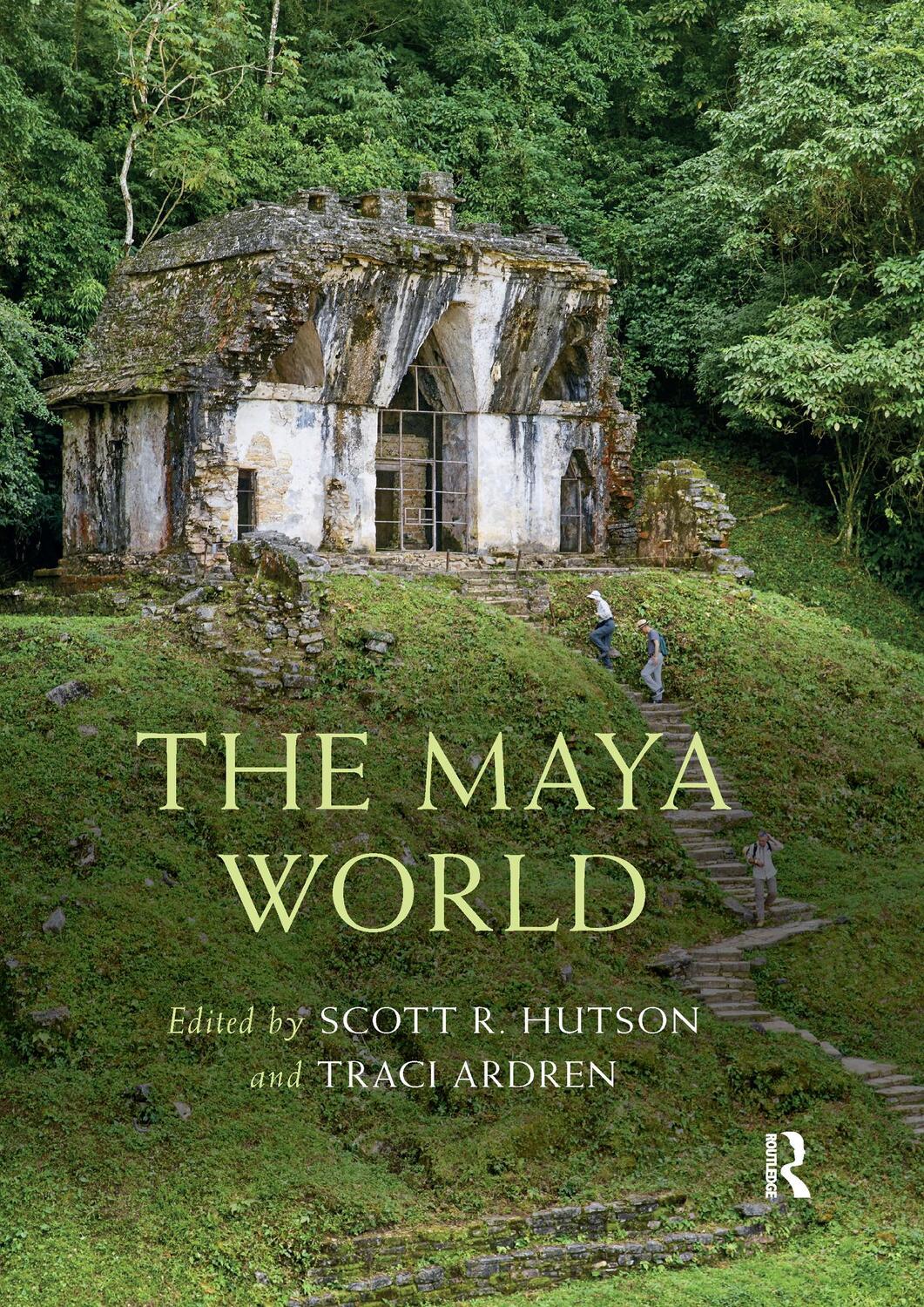Dekorationsartikel gehören nicht zum Leistungsumfang.
Sprache:
Englisch
30,50 €*
Versandkostenfrei per Post / DHL
Aktuell nicht verfügbar
Kategorien:
Beschreibung
"How did Puerto Rico end up in its current situation? A Spanish-speaking territory controlled by the United States and populated by the descendants of conquistadors, enslaved Africans, and indigenous inhabitants, this island (or rather archipelago) has a unique history. Jorell Melâendez-Badillo begins the book with an overview of the pre-Columbian societies and cultures that first inhabited Borikâen, the indigenous name of the Puerto Rican archipelago. Though the arrival of the Spanish had a profound impact on Puerto Rico's history, he takes care to tell the story "from the shore" and not "from the boat." The Taâinos were not merely passive victims; though they were enslaved and murdered during the Conquest, they also had powerful leaders like Agueybanâa II who organized the Americas' first indigenous insurrection against colonial rule in 1511. When the colonial enterprise was consolidated a few decades after the Conquest, Puerto Rico became a military outpost for the Spanish Empire. By the nineteenth century, Puerto Rico was a slave colony, and it was ruled through a combination of reform and authoritarianism. This resulted in the proliferation of unsuccessful slave revolts and, in 1868, an insurrection that declared the Republic of Puerto Rico, which only lasted 48 hours. Puerto Rico's major regime change came in 1898 with the US occupation. Though being controlled by the United States has shaped Puerto Rico's history in innumerable ways, it inadvertently fostered a sense of puertorriqueänidad (Puerto Ricanness) among the Island's inhabitants. US colonization may have involved forced Americanization, but it also provoked a multi-layered resistance to those projects, from passive disobedience to armed insurrections. The creation of the Puerto Rican Commonwealth in 1952 involved using a number of institutions to create the notion of cultural nationalism that was detached from the island's colonial status, included Puerto Ricans in the diaspora and was not contingent on obtaining national sovereignty. The last part of the book focuses on more recent developments from the neoliberal turn in the 1990s to current (and likely future) socio-economic and environmental crises"--
"How did Puerto Rico end up in its current situation? A Spanish-speaking territory controlled by the United States and populated by the descendants of conquistadors, enslaved Africans, and indigenous inhabitants, this island (or rather archipelago) has a unique history. Jorell Melâendez-Badillo begins the book with an overview of the pre-Columbian societies and cultures that first inhabited Borikâen, the indigenous name of the Puerto Rican archipelago. Though the arrival of the Spanish had a profound impact on Puerto Rico's history, he takes care to tell the story "from the shore" and not "from the boat." The Taâinos were not merely passive victims; though they were enslaved and murdered during the Conquest, they also had powerful leaders like Agueybanâa II who organized the Americas' first indigenous insurrection against colonial rule in 1511. When the colonial enterprise was consolidated a few decades after the Conquest, Puerto Rico became a military outpost for the Spanish Empire. By the nineteenth century, Puerto Rico was a slave colony, and it was ruled through a combination of reform and authoritarianism. This resulted in the proliferation of unsuccessful slave revolts and, in 1868, an insurrection that declared the Republic of Puerto Rico, which only lasted 48 hours. Puerto Rico's major regime change came in 1898 with the US occupation. Though being controlled by the United States has shaped Puerto Rico's history in innumerable ways, it inadvertently fostered a sense of puertorriqueänidad (Puerto Ricanness) among the Island's inhabitants. US colonization may have involved forced Americanization, but it also provoked a multi-layered resistance to those projects, from passive disobedience to armed insurrections. The creation of the Puerto Rican Commonwealth in 1952 involved using a number of institutions to create the notion of cultural nationalism that was detached from the island's colonial status, included Puerto Ricans in the diaspora and was not contingent on obtaining national sovereignty. The last part of the book focuses on more recent developments from the neoliberal turn in the 1990s to current (and likely future) socio-economic and environmental crises"--
Über den Autor
Jorell Meléndez-Badillo
Details
| Erscheinungsjahr: | 2024 |
|---|---|
| Genre: | Geschichte |
| Rubrik: | Geisteswissenschaften |
| Medium: | Buch |
| Seiten: | 312 |
| ISBN-13: | 9780691231273 |
| ISBN-10: | 0691231273 |
| Sprache: | Englisch |
| Einband: | Gebunden |
| Autor: | Meléndez-Badillo, Jorell |
| Hersteller: | Princeton University Press |
| Maße: | 236 x 157 x 36 mm |
| Von/Mit: | Jorell Meléndez-Badillo |
| Erscheinungsdatum: | 02.04.2024 |
| Gewicht: | 0,68 kg |
Über den Autor
Jorell Meléndez-Badillo
Details
| Erscheinungsjahr: | 2024 |
|---|---|
| Genre: | Geschichte |
| Rubrik: | Geisteswissenschaften |
| Medium: | Buch |
| Seiten: | 312 |
| ISBN-13: | 9780691231273 |
| ISBN-10: | 0691231273 |
| Sprache: | Englisch |
| Einband: | Gebunden |
| Autor: | Meléndez-Badillo, Jorell |
| Hersteller: | Princeton University Press |
| Maße: | 236 x 157 x 36 mm |
| Von/Mit: | Jorell Meléndez-Badillo |
| Erscheinungsdatum: | 02.04.2024 |
| Gewicht: | 0,68 kg |
Warnhinweis

